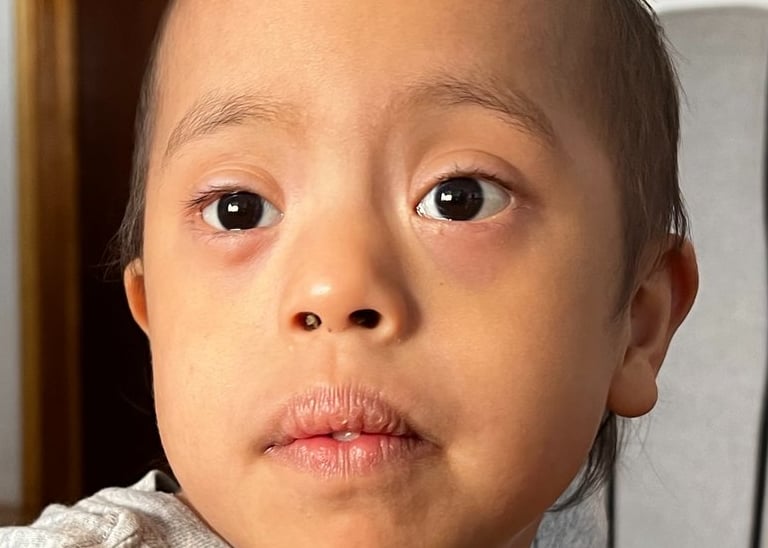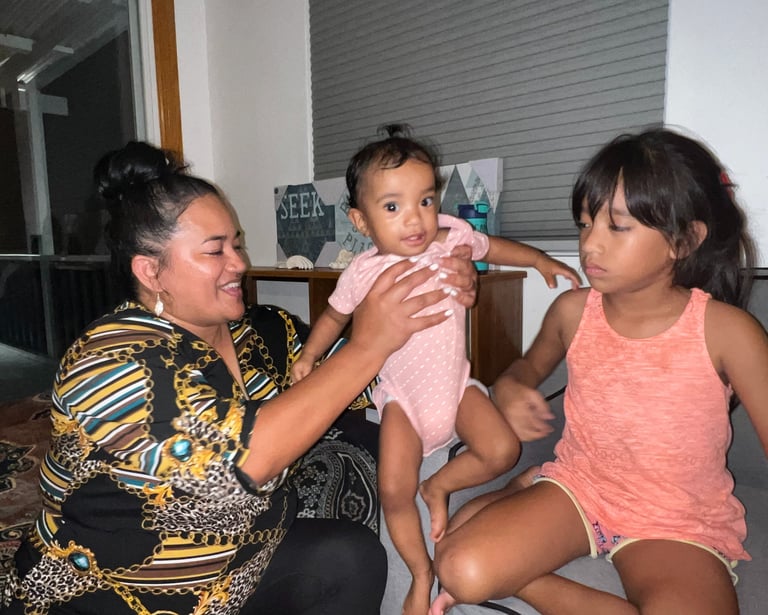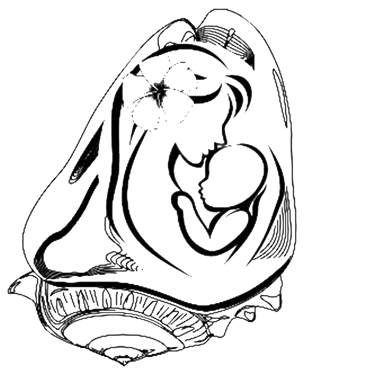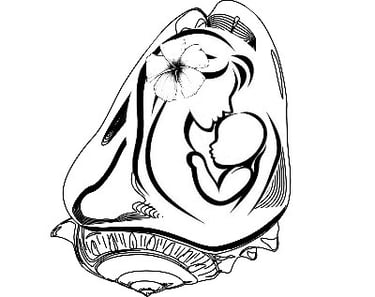Why is Universal Newborn Hearing Screening Important?
It is important to identify hearing loss as early as possible because babies start leaning language as soon as they are born. Listening in the first months of life prepares babies to speak. Listening to and watching others communicate helps babies learn language.
Any degree of hearing loss, even a mild one can dramatically effect a child's language development. Early identification of hearing loss is key to providing appropriate intervention services to promote language and communication development.
If you have concerns about your baby's hearing, discuss this with your baby's doctor, or contact our team on Majuro (692) 625-3355/3399 ext. 2258 and on Ebeye (692) 392-9030 ext. 234.
If a baby does not pass the newborn hearing screening at the hospital, it is very important to return for a follow-up hearing screening. Not passing the hearing screening does not mean your baby has a hearing loss, but follow-up screening is a step closer to identifying if a baby has a hearing loss. Some babies are born with certain high risk factors for developing a hearing loss. Your baby may pass the hearing screening before discharge from the hospital or birthing site, but if your baby was born with high risk factors, it is important for your baby to get a diagnostic audiological evaluation (DAE) by 6 months of age or sooner, if recommended by your doctor.
Importance of Newborn Hearing Screening






